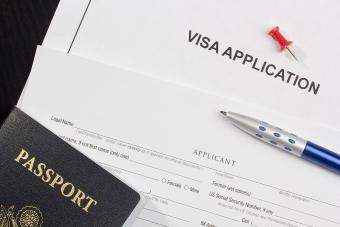Visa Policy
Recent Activity
The exponential growth of international travel since the 1960s has left border management systems worldwide struggling to keep up and has exposed weaknesses in states’ abilities to effectively manage their borders, especially regarding terrorist attacks, human trafficking, and illegal migration.
The report examines U.S. immigration and international development policies, which have unique objectives and respond to distinct political and administrative constraints, and points out that international development has never been a U.S. immigration policy objective; nonetheless, it is an unintended consequence.
Illegal immigration is possible in large part because of illegal employment. This report shows the underlying drivers of illegal hiring vary based on the type of employer, the nature of the industry, state of the economy, and a country’s labor market institutions, employment legislation, immigration systems, and even culture.
Migrant-sending and migrant-receiving countries rarely collaborate on migration issues because the structure of global migration systems ensures they often disagree about core policy issues. This report shows that migration collaboration makes sense when states share common goals they cannot achieve on their own.
In a report by MPI's Labor Markets Initiative, noted economist and Georgetown University Public Policy Institute Professor Harry J. Holzer examines the economic reasoning and research on these questions and looks at the policy options that shape the impact of less-skilled immigration on the economy. The discussion is on what policy reform would best serve native-born American workers, consumers, and employers, as well as the overall U.S. economy.





